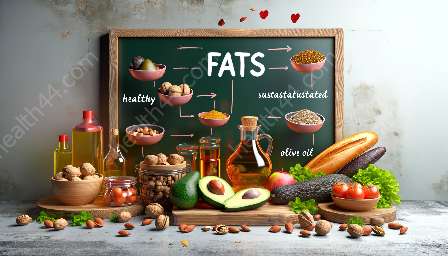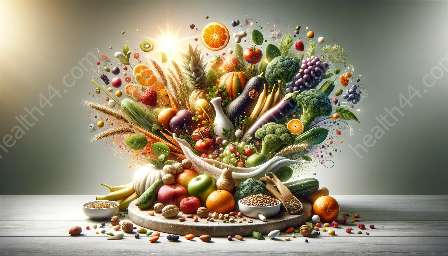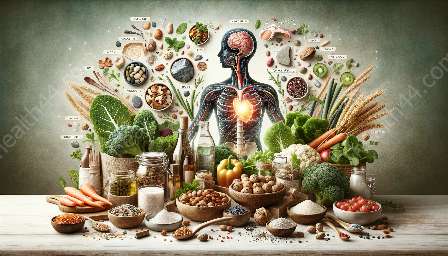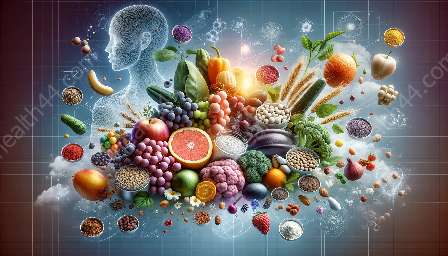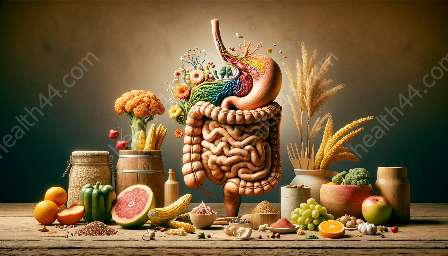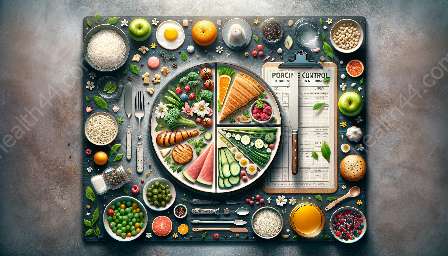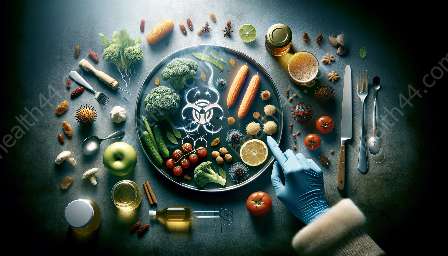Pregnancy is a pivotal time in a woman's life, and nutrition plays a crucial role in ensuring the health of both the mother and the developing baby. Eating well-balanced meals and paying attention to key nutrients can have a significant impact on the pregnancy experience and the long-term health of the child.
The Importance of Nutrition During Pregnancy
During pregnancy, a woman's body goes through significant changes to support the growth and development of the fetus. Proper nutrition is essential to provide the necessary nutrients for the baby's growth, as well as to maintain the mother's overall health.
Key nutrients, such as folic acid, iron, calcium, and omega-3 fatty acids, play a critical role in supporting the healthy development of the baby's brain, bones, and organs. Adequate nutrition also helps reduce the risk of certain birth defects and promotes a healthy birth weight.
Dietary Recommendations for Pregnant Women
While the specific dietary needs during pregnancy may vary from woman to woman, there are general recommendations that can guide expecting mothers in making healthier food choices. It's crucial for pregnant women to consume a variety of nutrient-dense foods to meet their increased energy and nutrient needs.
Fruits, vegetables, whole grains, lean proteins, and healthy fats should form the foundation of a pregnant woman's diet. Incorporating a variety of colorful fruits and vegetables provides essential vitamins, minerals, and antioxidants, while whole grains offer fiber and energy. Lean proteins, such as poultry, fish, beans, and lentils, are important sources of iron and protein.
Dairy products and fortified foods are also essential to ensure an adequate intake of calcium and vitamin D, which are crucial for the baby's bone development. Additionally, pregnant women should aim to stay well-hydrated by drinking plenty of water throughout the day.
Tips for Maintaining a Well-Balanced Diet During Pregnancy
- Eat small, frequent meals: Consuming smaller, more frequent meals can help manage nausea and prevent extreme hunger, which can lead to overeating or poor food choices.
- Choose healthy snacks: Opt for nutrient-dense snacks, such as fruits, nuts, yogurt, or whole-grain crackers, to satisfy hunger between meals.
- Listen to your body: Pay attention to hunger and fullness cues to avoid overeating or undereating.
- Supplement when necessary: In some cases, pregnant women may need to take prenatal vitamins or specific supplements to ensure adequate intake of certain nutrients, such as folic acid and iron.
- Keep a food diary: Tracking food intake can help pregnant women ensure they are meeting their nutritional needs and making healthy choices.
- Seek professional guidance: Consulting with a healthcare provider or a registered dietitian can provide personalized recommendations based on individual needs and preferences.
Conclusion
Nutrition during pregnancy is a key factor in promoting the health and well-being of both the mother and the developing baby. By following dietary recommendations, consuming nutrient-dense foods, and incorporating healthy eating habits, pregnant women can optimize their nutritional intake and support the healthy growth and development of their child. Additionally, seeking professional guidance and staying informed about specific nutrient needs during pregnancy can help expecting mothers make informed decisions about their diet and overall health.










